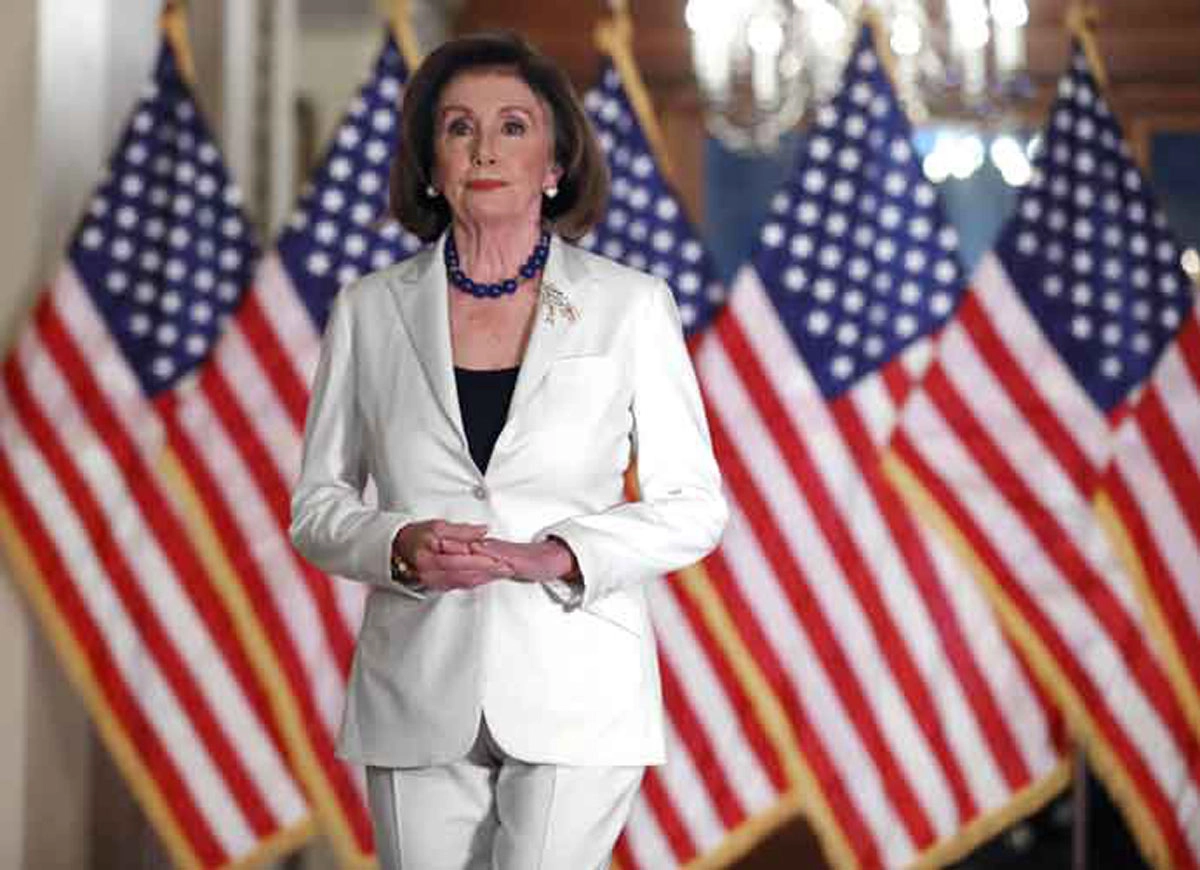20% Of Congress Is Over Age Of 70, Highest Mark In Modern History
As of January 2025, 119 members of Congress, approximately one-fifth of the legislative branch, were at least 70 years old. The group includes 86 members of the House and 33 members of the Senate, marking a historic high in congressional age demographics.
The age of lawmakers has become an increasingly relevant topic in today’s American political sphere.
The current president of the United States, Donald Trump, is set to turn 79 this month and is the successor to Joe Biden, who was 82 years old when he left office. Trump has repeatedly questioned Biden’s mental fitness, recently launching investigations that suggested he was too old to effectively carry out presidential duties.
Older lawmakers have faced considerable scrutiny regarding their ability to hold office following various instances of public confusion.
Subscribe to our free weekly newsletter!
A week of political news in your in-box.
We find the news you need to know, so you don't have to.
While experience and seniority have traditionally been respected in American politics, the number of lawmakers over 70 in today’s Congress is higher than ever before.
Democrats in the House take up a sizable portion of the 70-plus demographic, nearly doubling the number of House Republicans within the group.
Since the start of the 119th Congress, three Democratic representatives have passed away, including Sylvester Turner of Texas, Raul M. Grijalva of Arizona and Gerald E. Connolly of Virginia.
However, both parties have similar age profiles based on data from The New York Times. In the House, the median age for both Democrats and Republicans is around 57. In the Senate, the median age is 66 for Democrats and 64 for Republicans.
Over the past four decades, the number of younger members of Congress has steadily declined. As it stands, legislators under 45 years old only make up about 16% of Congress.
That said, data from the Pew Research Center indicates that younger generations are represented in Congress, specifically in the House. 48 of the 61 first-time members of the House are below the median age.
Additionally, Baby Boomers are no longer the majority in the House, having been surpassed by Generation X when Congress first convened in January.
With midterm elections approaching in 2026, age may become a more prominent factor for voters when evaluating candidates. Given the number of older lawmakers in Congress and the growing prominence of age in political discourse, it remains to be seen how, or if, it will influence voter decisions.
Get the most-revealing celebrity conversations with the uInterview podcast!






Leave a comment